Google VP criticizes Apple iMessage for "green bubble bullying" of Android users
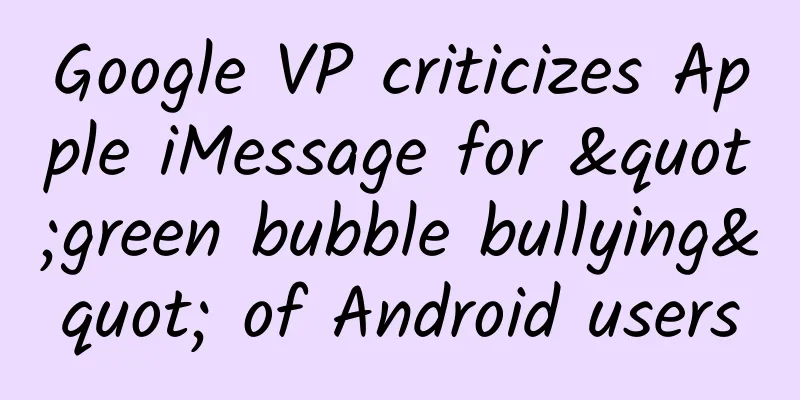
|
On the morning of January 8, the Wall Street Journal published an article titled "Why Apple's iMessage Wins: Teens Are Afraid of Green Text Bubbles," which pointed out some problems with Apple's iMessage instant messaging application: Apple users use blue text bubbles by default in iMessage, and because Apple forces Andriod devices to use SMS (text messaging service) instead of sending messages through network data, Android users' messages in iMessage are displayed in green bubbles. The "blue/green bubble" difference makes teenagers using Android phones suffer from discrimination in social activities - "Never date a green text message user." On January 9, Google Senior Vice President Hiroshi Lockheimer expressed his opinion on this, criticizing Apple for apparently using this “peer pressure” and “bubble bullying” around iMessage to consolidate its market position: For a company that makes humanity and fairness a core part of its marketing, it is disingenuous to use peer pressure and bullying as a way to sell its products. In fact, the communication service standards that exist today (referring to RCS) can completely solve this blue-green bubble problem. At the same time, Google and Hiroshi Lockheimer are calling on Apple to adopt the modern RCS communication standard in iMessage: unify the user experience of iOS and Android users to eliminate the problem of "green bubble discrimination" for Android users. What is RCS? It stands for Rich Communication Suite, which is part of the latest advanced messaging standard. In addition to text messages, RCS also supports high-quality picture messages up to 10MB, group chats, location sharing, and even video calls by default. The service also supports complex features such as read receipts (such as the read function of DingTalk) and typing indicators (WeChat's "the other party is typing" function). As the latest communication standard, RCS has been supported by 55 mobile operators (including my country's three major operators) and 11 manufacturers (well-known companies such as ASUS, HTC, Lenovo, LG, Huawei, Samsung and ZTE). After the previous tweet sparked heated discussions, Hiroshi Lockheimer once again explained his proposed solution in detail on January 11, and severely accused Apple of "hindering the development of the communications industry":
At present, Apple has not responded to the content of the Wall Street Journal and Hiroshi Lockheimer, but there is a short paragraph in an email from Apple's Chief Software Officer Federighi in 2013 that may reflect Apple's attitude:
Without having strategically become the primary messaging service for (most) mobile users, I worry that iMessage on Android will remove the barrier for iPhone families to buy Android phones for their kids. This article is reproduced from OSCHINA Title of this article: Google VP criticizes Apple iMessage for "green bubble bullying" of Android users Article URL: https://www.oschina.net/news/178102/apple-imessage-for-android |
<<: 2022 Android Advanced Learning RoadMap!
Recommend
Review of the activities and operations of financial platforms
Activity operation is an operational strategy tha...
If you have heel pain, don’t just bear with it!
Author: Tang Qin, Deputy Secretary-General of the...
Event operation and promotion, growth fission from 0 to 1!
1. Ideas for fission activities from 0 to 1 I bel...
The bruises that appeared on my body for no apparent reason, could it be that they were pinched by a ghost? I never expected that…
Who doesn't want to have clear skin? But ther...
What? It can prevent myopia. Go out for a walk!
Audit expert: Liu Dongbao Chief Physician of Opht...
Changan Automobile Technology Ecosystem Conference User Forum was held, with four major measures to ensure the construction of a new service platform
On August 24, the 2021 Changan Automobile Technol...
Why did dinosaurs escape the end-Triassic mass extinction? The answer is found
◎ Science and Technology Daily reporter Zhang Ye ...
World Economic Forum: Driving Effective Transformation of Energy Systems 2020 Report
The report comprehensively considers the current ...
Tips for flooding the screen with Wechat Loan’s new customer acquisition activities!
I’m sure you were all flooded with messages about...
IDC report: React Native changes the rules of the game for hybrid mobile app development
[51CTO.com Quick Translation] The JavaScript fram...
This article will help you understand dry eye syndrome
1. What is dry eye syndrome? Dry eye syndrome is ...
Audi e-tron enters China, rewriting the story of luxury electric SUV
The myth of Tesla Model X finally faded after the...
China Passenger Car Association: China's auto dealer inventory warning index is 58.2% in December 2022
On December 31, 2022, the latest issue of "C...
Huawei beats South Korean companies in patent lawsuits in the US
Written in front: When it comes to treating users...
Dark color vs. light color, which umbrella is more sun-proof?
The most frustrating thing about summer is that e...
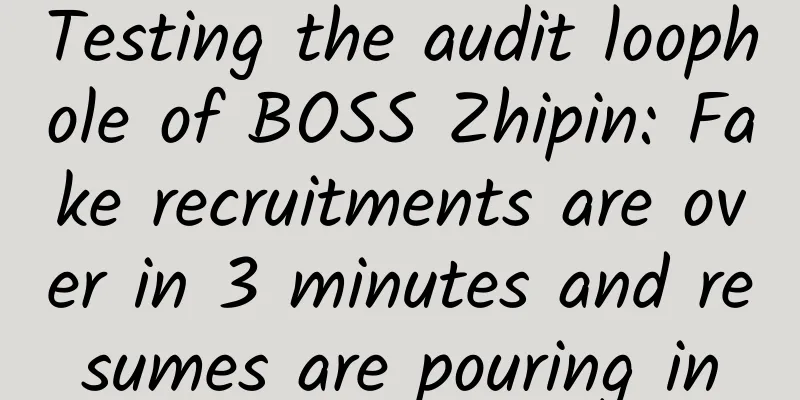
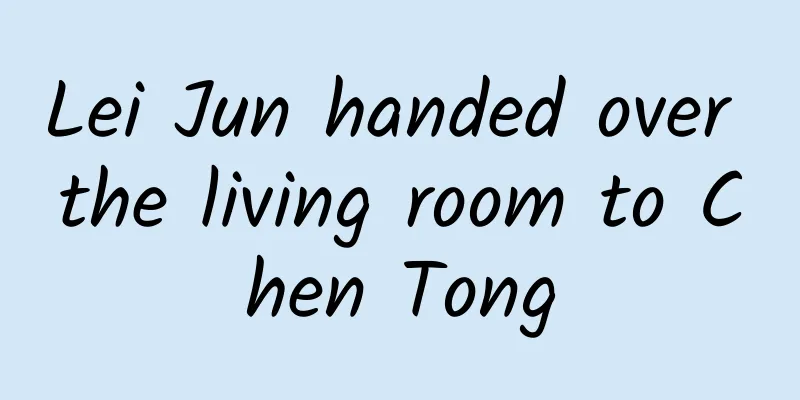
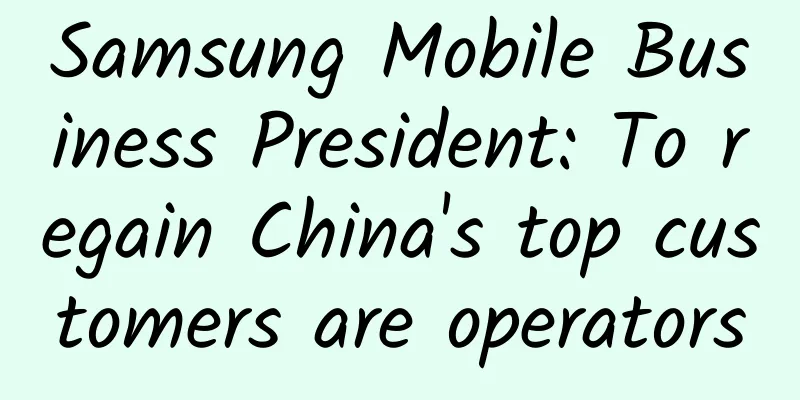



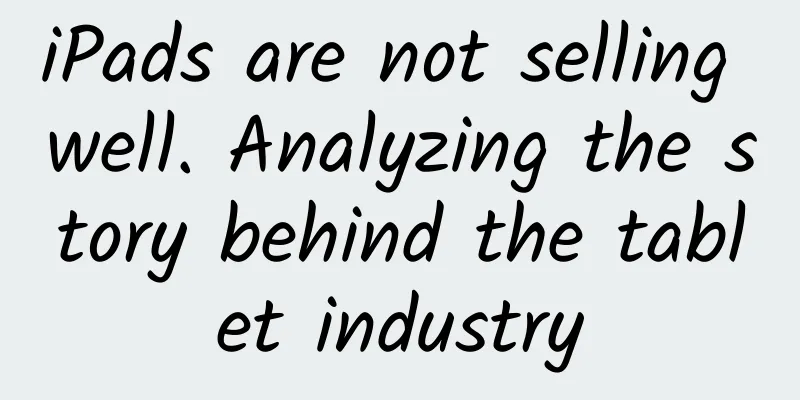

![[Astrology and the True Self] A must-have tool for astrology beginners and practicing astrologers, the most solid and detailed astrology guide](/upload/images/67cc205ac119f.webp)
